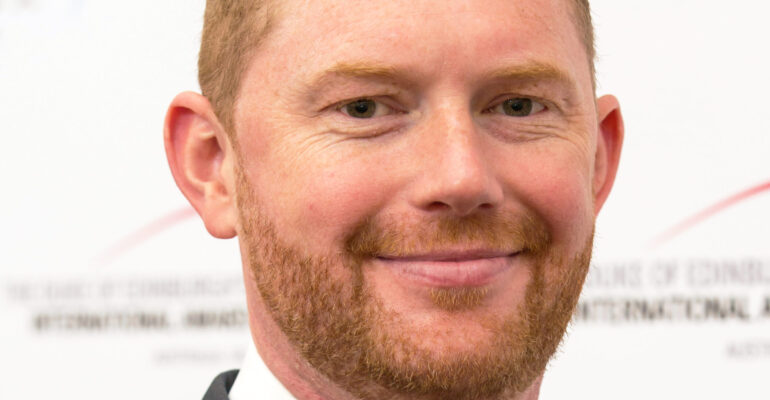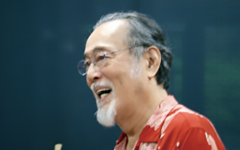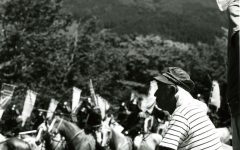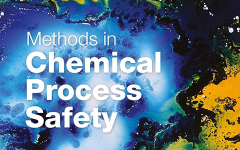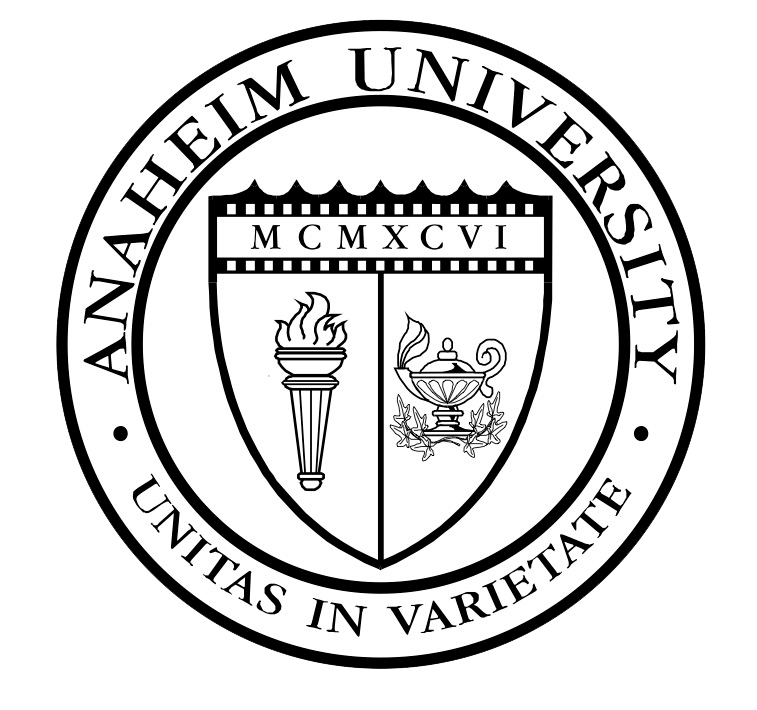MBA in Global Sustainable Management Graduate Interview – Stephen Mason
December 1, 2019 2025-01-17 11:45MBA in Global Sustainable Management Graduate Interview – Stephen Mason
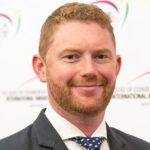
Stephen Mason |
1) Why did you choose Anaheim University?
The program through the Kisho Kurokawa Green Institute offered a program unlike any I’d seen in Australia, and the program delivery of sequential learning (rather than concurrent) allowed for a deep immersion in the material whilst balancing other work and impact priorities.
2) Can you tell us briefly about your career?
I spent the majority of my 20 year career developing businesses, in finance, retail, manufacturing and education. I run a medium sized not-for-profit and am two years into an impact growth phase. My other roles include strategic development, formation and value proposition design with 5-8 co-ops and social enterprises with a focus on people and the environment, and lecturing and advisory work for several Australian Universities. I feel immensely privileged to be able to spend all of my time in impact areas that I’m passionate about.
3) Why did you choose to earn a Green MBA?
Alternative MBAs do not blend socio-environmental dimensions into their programs in a meaningful way. I feel I have some ability to comment on this, due to my prior role running Australia’s largest provider of information services within Academia. Our sector suffers from ‘old ways’ of thinking, silo mentalities, and a lack of an ability to articulate the value it creates. I was hoping the Green MBA would provide me with additional skills in this area, and wasn’t disappointed.
4) What do you like best about the program?
The experience and point of views shared by other students was a highlight, as was the majority of our lecturers, the content was amazing – but the best thing was the program design. It allowed for deep digestion of the content, enabled critical thinking to flourish (rather than rote regurgitation), and thankfully allowed the freedom to relate the material to real world problems and interests that were close to my heart.
5) What was your favorite course from the program?
Based on course content, and the lecturer it was an equal tie. Corporate Social Responsibility and Ethics, and Triple Bottom Line Accountability and Management which were both delivered by Prof. Mayberry were highly useful, challenging and enjoyable.
6) How is the experience studying online?
This was one of the key areas I evaluated Anaheim on prior to applying, and my expectations were exceeded. Student support services were fast, friendly and accurate; the course structure and delivery were very good; and Anaheim was successful in bringing a diverse and dispersed group together.
7) How do you balance the time required to study while working full-time?
I write a guide for every subject that tells me what I am doing when, and the value of each component. This allowed me to identify timing issues in advance, and understand what I could lower my focus on if need be. I ensured that my board, team, and family understood how I was managing my time, and completed all my studies from a consistent place that I’m used to being productive in. I would meditate when I needed to shift brain states in order to work effectively and efficiently.
8) Do you feel you were part of a learning community?
I did. The program design creates the opportunity for students to participate in a meaningful way, and there were enough highly engaged students and lecturers to enable frequent guided and non-guided discussion.
9) What was the most unusual location you joined an online class or discussion forum from so far?
I had to do an online class in the middle of a 2,500km solo motorcycle ride. I was in Scotia NSW, a desolate spot in the middle of the Australian Outback during summer. I managed to identify a cell-tower a few hundred kilometres from my intended route which had enough bandwidth to use video conferencing. It was 46 Celsius (115F), and I recall the facilitator ended up turning off my camera, presumably because my face was covered in flies and distracting my fellow students.
10) What would you say to someone who is hesitant about studying online?
My experience was that the majority of our cohort made a bigger effort to connect and support each other than what I typically see through on-campus study. Create a consistent place and time to undertake your studies and be present in your interactions.
11) Do you feel the Green MBA will help to develop your career?
It already has, and I expect it will continue to do so. The unique mix of commercial and impact development skills is a huge advantage and has allowed me to take on new consultancy roles in sectors I did not have a sufficient skillset previously.
12) What is your career plan after completing the Green MBA ?
- Design and deliver a new strategic phase within non-formal youth education, allowing Australia to better support the development of tomorrows leaders.
- Introduce our recently developed Mutual Value Measurement framework to the co-operative and mutual enterprise (CME) sector in Australia.
- Work with Australian CME industry to bring fair trade principles on-shore, by paying their domestic staff a living wage.
13) What advice would you offer to the Anaheim University incoming students?
Create a study plan that is realistic and takes into account the economy of effort. Be present. Study to understand not for a grade – it’s pointless getting an A if you can’t use what you’ve learned.

